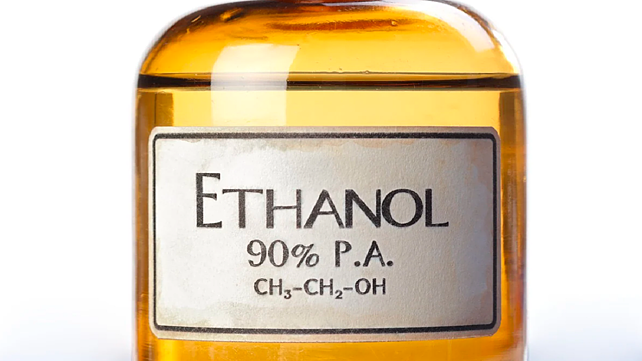
Two-wheeler makers may have chosen to give the Delhi Auto Expo a miss but their flex-fuel products will be showcased at the event.
The Society of Indian Automobile Manufacturers (SIAM) has put up a separate hall for displaying ethanol-based vehicles. Dubbed the Flex Fuel/Ethanol Pavilion, this area of the Auto Expo will have products from Hero MotoCorp, Honda Motorcycle & Scooter India, Bajaj Auto, TVS Motor, Suzuki India, Yamaha India, Royal Enfield etc.
Mobility Outlook has learnt that, among the four-wheeler players, Maruti Suzuki and Toyota will also be showcasing their flex-fuel cars in this pavilion.
Nitin Gadkari, Minister for Road Transport & Highways, has already gone on record to say that major two-wheeler OEMs had come up with flex-fuel engines based on his insistence.
At the Agrovision Expo last year he had said, “The day may not be far when there will even be bikes, auto rickshaws and cars running fully on ethanol.”
Gadkari had then indicated that ethanol pumps would be made available at various locations. Ethanol can be produced using sugarcane, rice, maize, corn and other agricultural farm products.
The Centre has decreed that all automakers will have to launch at least one product compatible with E-20 fuel (20% ethanol + 80% petrol) by 2025. SIAM has also been told to join hands with the Ministry of Heavy Industries to promote ethanol as a transportation fuel.
Why Flex Fuels?
The Centre's focus on flex fuels can be gauged from the fact that the country produces crops like sugarcane in surplus almost every year. According to Gadkari, the last fiscal saw an output of 360 lakh tonnes of cane against a requirement of only 250 lakh tonnes.
This surplus can be used to generate flex fuels, which in turn can help India become self-dependent. It will also help cut its import bill for petroleum products and help customers in the long run.
“Ethanol costs INR 62 per litre whereas petrol is INR 120/litre,” Gadkari had said earlier.
According to Alternative Fuels Data Center (United States), on a lifecycle analysis basis, greenhouse gas emissions reduce on average by 40% with corn-based ethanol produced from dry mills. The reduction ranges between 88% and 108% if cellulosic feedstocks are used depending on feedstock type, compared with gasoline and diesel production and use.
The focus on flex fuels has picked up pace at a time when India's electric vehicle industry has started to expand its wings. Last year, the country saw registrations of over a million electric vehicles, which is approximately 300% more than what was registered in 2021.
Also Read